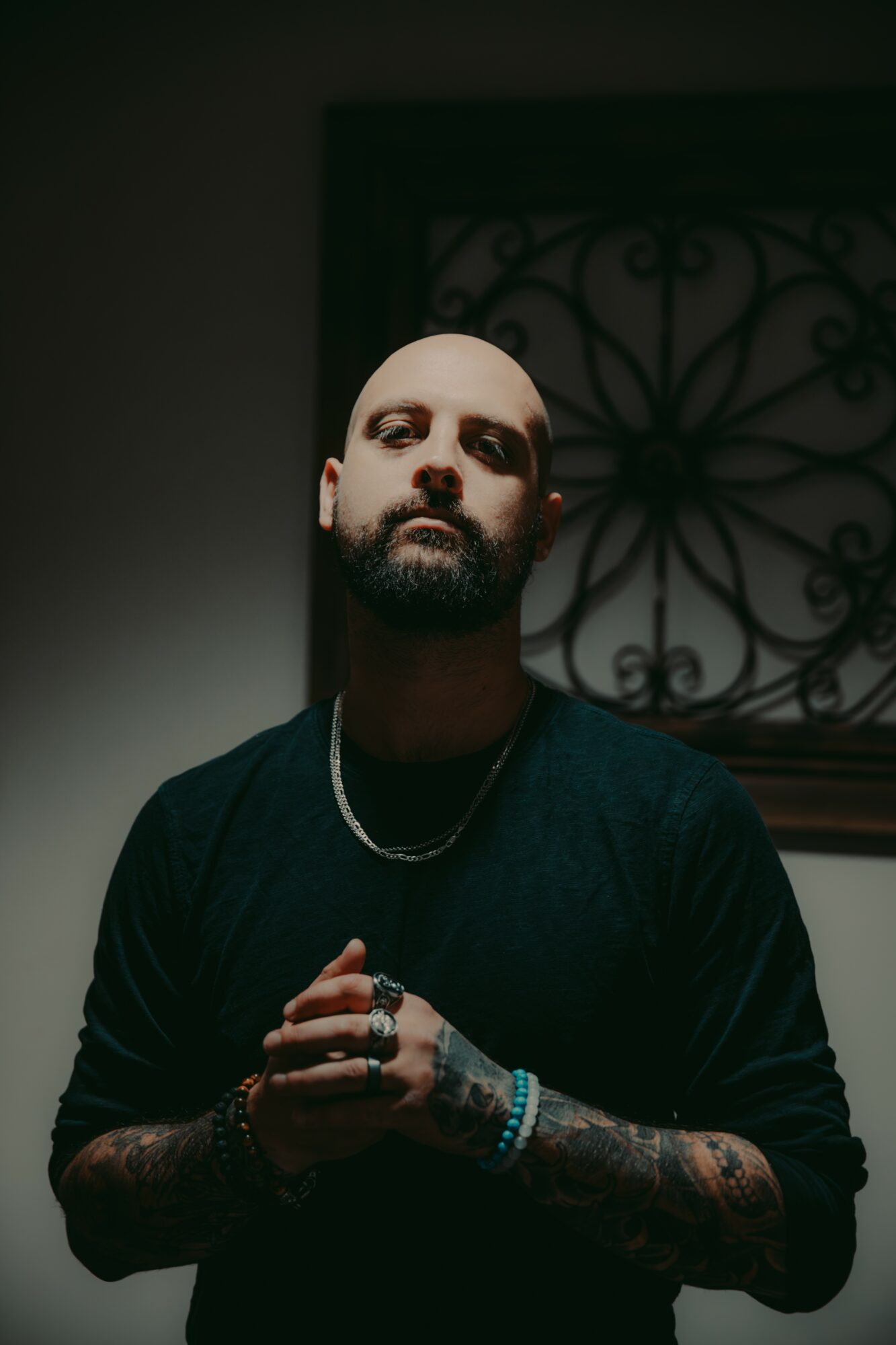

Today we’d like to introduce you to Lukas Magyar.
Hi Lukas, please kick things off for us with an introduction to yourself and your story.
I started pursuing a career in the music industry when I was 16 years old. In October of 2014 at the age of 23, I was fortunate enough to join a group called Veil of Maya out of Chicago. I was working at a factory in rural Wisconsin at the time and living at home with my dad. My life began to change very quickly, and soon I was able to focus on music entirely without a day job.
In 2017, New Industry officially started operating with the primary focus of artist management. Though we still represent several artists, we have started to pivot more towards marketing and branding.
Over the years, we’ve worked with bands not only here in the U.S., but also Canada, New Zealand and Germany.
Would you say it’s been a smooth road, and if not what are some of the biggest challenges you’ve faced along the way?
Establishing a management/marketing agency in the music industry is an ambitious undertaking. Our job greatly relies on the strengths of the artist. Even with years of experience and many connections throughout the world of music, building another band or artist requires absolute commitment from both parties. I wish I could say that great music was enough to make it to the professional level, but that simply isn’t the case.
There are a multitude of factors that go into creating success. The simple things, though not always as simple as they could be, are seamless communication, a consistent effort to write and record new music, and executing a brilliant performance every time you step on stage. Then, there are the real challenges. Funding is an enormous hurdle that many creatives have to deal with. If the cost of recording and filming videos and traveling to shows doesn’t push the limits of your bank account, expanding the budget to advertising will. The world is full of great musicians, which I think is wonderful. Technology has given people easier access than ever to produce professional sounding music, however that same accessibility has cultivated more competition and saturation. In short, you need a tremendous amount of resources paired with an excess of content to get noticed by those within the industry who can move the needle.
Thanks for sharing that. So, maybe next you can tell us a bit more about your work?
Our job is to strategize meticulously in an effort to gain exposure from not only potential fans, but also other industry professionals. Doing this effectively will allow us to create new opportunities that will benefit the artist. We must have a thorough understanding of the artists we work with so that we can tell their story in a compelling way and showcase what makes them unique. Also, we have to keep things organized and running efficiently so we can capitalize on any momentum that we may be gathering. If you don’t work quickly enough people will move on and no longer pay attention to what you’re doing.
On top of that, it’s important that we stay in touch with the ever changing landscape of online advertising. Creating ad campaigns can be a lot of work. The setup isn’t always the most user friendly to say the least. At the beginning, it was all highly confusing. It becomes a bit more straight forward once you’ve gotten the hang of it.
Are there any important lessons you’ve learned that you can share with us?
The first major lesson we learned was that not every band is ready for management. When the company started, we were eager to take on new clients so we could grow quickly and gain experience. This resulted in us not being able to obtain high level opportunities for a good number of the bands early on because we were not consistently provided with new content to keep people engaged. This isn’t to say that the artists were lazy or that they weren’t working hard, but rather that for one reason or another they lacked the ability to release new music often enough. Sometimes it’s due to a lack of funding. Other times it could be that the schedules of the individuals involved didn’t allow enough time to commit to creating.
Another thing we learned was that even when an artist is doing just about everything right, growth can still be quite slow and not everyone will spend several years investing in something that isn’t generating a financial return.
With that said, the most critical thing I’ve learned is that if you’re willing to endure and face adversity knowing that it will pay off, it usually does. Those who succeed in the music industry are those who absolutely refuse to give up and understand how to adapt.
Contact Info:
- Website: https://newindustry.net
- Instagram: https://www.instagram.com/newindustryentertainment
- Youtube: https://www.youtube.com/@newindustry4618












